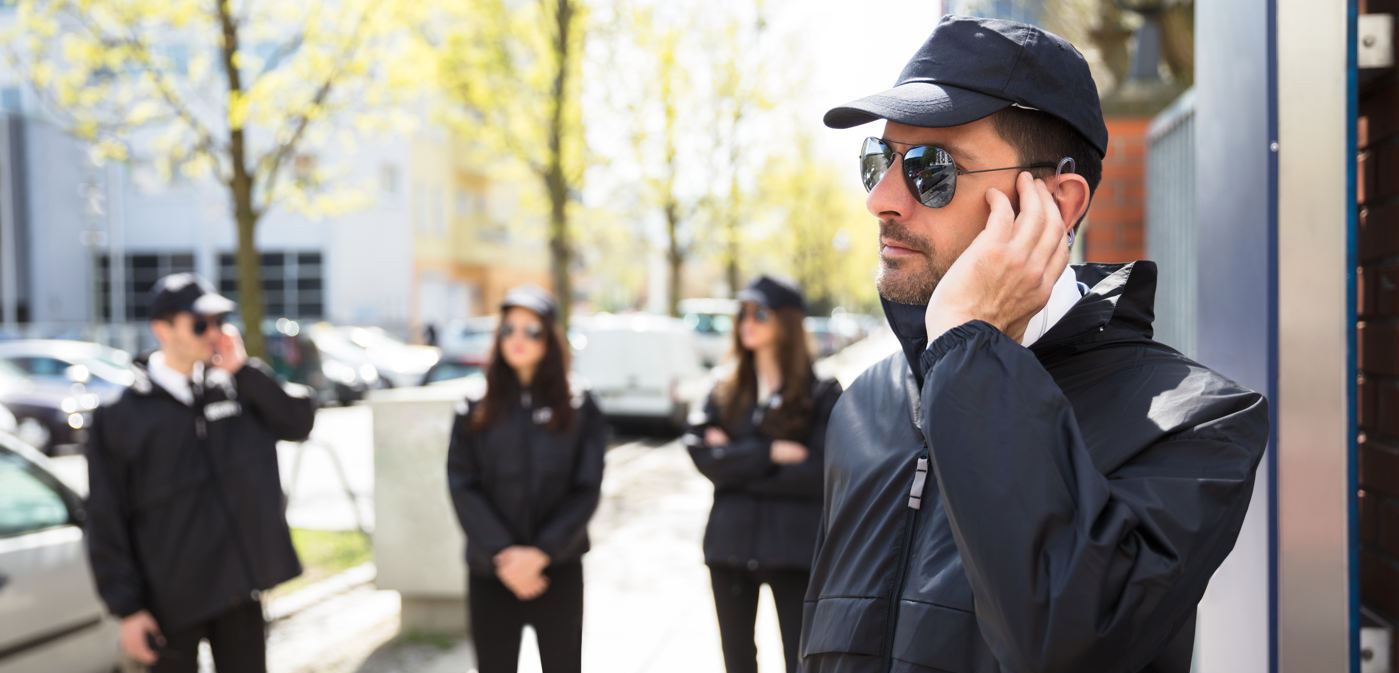
When safeguarding your business, property, or event, hiring the best type of security is crucial. Two popular security options to consider are armed and unarmed guards. Both types of security personnel can provide a high level of protection, but they differ in terms of training, responsibilities, and the level of deterrence they offer.
In this blog, we will compare armed and unarmed guards to help you determine which option is best suited for your needs. By understanding the key differences, you can make an informed decision that ensures the safety of your people and assets.
What Are Armed Guards?
Armed guards are security personnel who carry firearms as part of their duties. These guards typically undergo rigorous training, including firearm handling, threat assessment, and advanced security tactics. They are often employed in high-risk environments where the threat of violence or theft is significant, such as banks, jewelry stores, and large-scale events.
Key Responsibilities of Armed Guards:
- Protecting high-value assets
- Managing potentially dangerous situations
- Responding to severe security threats
- Deterring violent crimes with the presence of firearms
What Are Unarmed Guards?
Unarmed guards, as the name suggests, do not carry firearms. Instead, they rely on their presence, training, and other non-lethal tools to protect people and property. Unarmed security personnel are ideal for situations where the risk level is lower or where the presence of firearms may not be necessary or appropriate.
Key Responsibilities of Unarmed Guards:
- Monitoring surveillance systems
- Conducting routine patrols
- Managing access control and entry points
- Deescalating situations without the use of force
Comparing Armed and Unarmed Guards
Several factors come into play when comparing armed and unarmed guards. To make the best decision, it’s essential to understand the key differences in cost, training, deterrence, and deployment scenarios.
- Cost: Armed guards are more expensive due to specialized training, licensing, and liability risks, leading to higher fees and insurance premiums. Unarmed guards are more affordable and ideal for lower-risk events and businesses.
- Training: Armed guards undergo rigorous training in firearm use, threat response, and handling high-risk situations, often requiring background checks. Unarmed guards focus on surveillance, de-escalation, crowd control, and communication.
- Deterrence: Armed guards offer more robust deterrence, especially in high-risk areas, as their visible firearms indicate readiness to respond with force. While not carrying weapons, unarmed guards still deter theft and vandalism in lower-risk environments like schools and offices.
- Deployment Scenarios: Armed guards are suited for high-risk locations such as banks, government buildings, and VIP events. Unarmed guards are best for areas with minimal risk, like shopping malls, residential complexes, and corporate offices.
- Legal and Liability Considerations: Armed guards, due to their use of firearms, face higher liability and legal complexities, requiring extensive insurance. Unarmed guards face fewer legal issues since they focus on observation and non-violent interventions.
Which Option Is Right for You?
Deciding between armed and unarmed guards depends on the level of risk you are facing and the type of security presence you want to establish.
Choose Armed Guards If:
- You are protecting high-value assets or working in high-risk environments.
- The potential for violent crime or armed robbery is high.
- You need security personnel who can respond to severe threats with force.
Choose Unarmed Guards If:
- The environment has a low to moderate risk level.
- You want a security presence without the use of firearms.
- You need guards focused on surveillance, access control, and de-escalation.
Conclusion
Both armed and unarmed guards play critical roles in maintaining security, but the best choice for your situation will depend on your specific needs, risks, and budget. Armed guards are ideal for high-risk environments where a visible deterrent is required to prevent serious threats, while unarmed guards are better suited for situations where security is needed but firearms are not necessary.
If you’re unsure which option is right for you, consider consulting Metro Security Services. Our security team can assess your security needs and recommend the best solution to ensure the safety of your property, employees, and guests.
By carefully weighing the pros and cons of armed versus unarmed guards, you can make an informed decision that provides peace of mind and protection for your unique circumstances.





